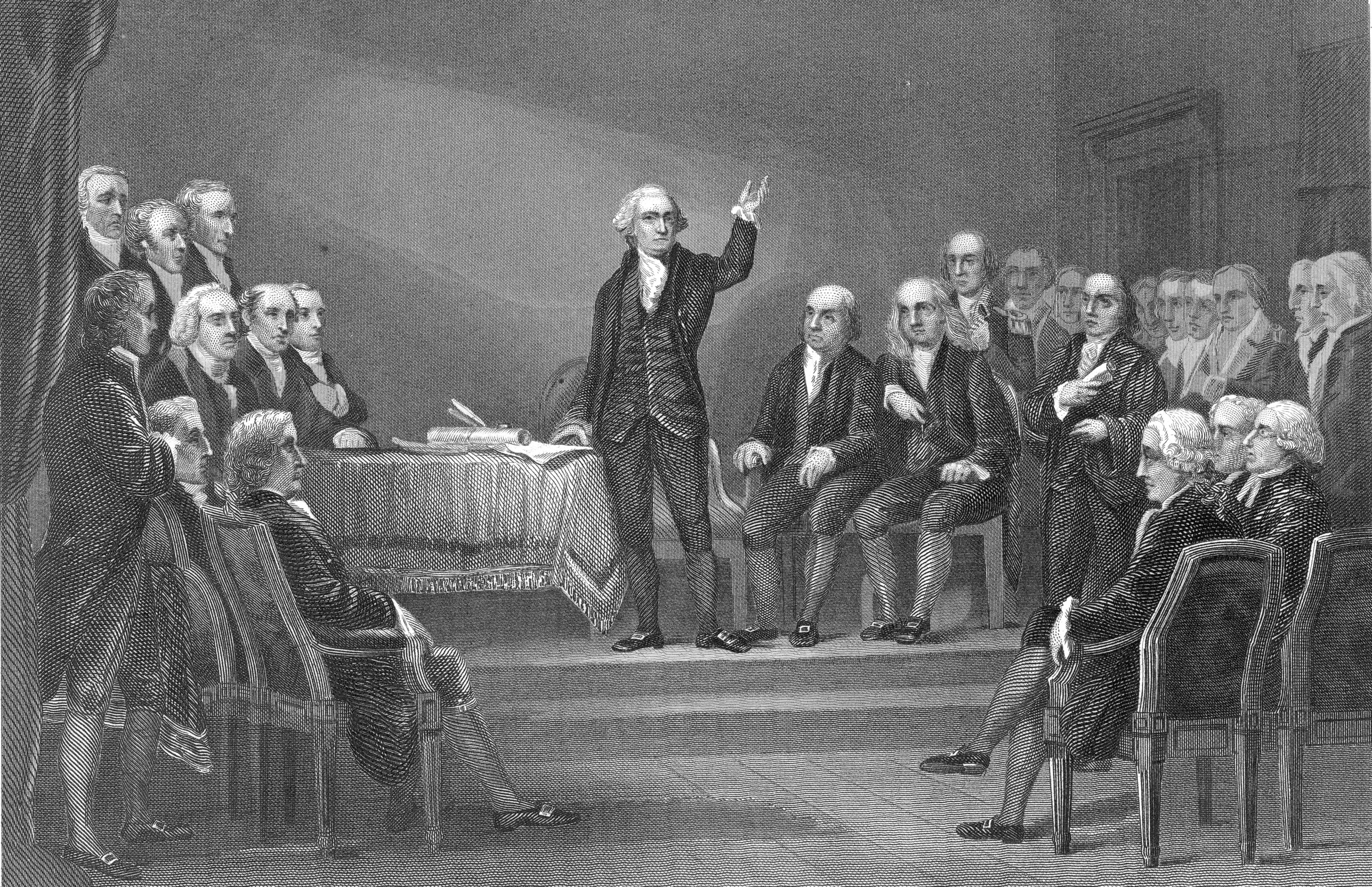
History and Origins of Church-State Separation
America’s founders crafted a constitution that separated church and state. They believed this was the best mechanism for protecting the rights of all. Their efforts have paid off handsomely. The United States enjoys unprecedented levels of religious liberty, expanding pluralism and a high degree of inter-faith harmony. None of this would have been possible without the wisdom of our founders. Despite this record of success, opponents of church-state separation are trying to rewrite American history to promote their ideas of an officially “Christian nation.” At AU, we debunk these discredited claims and provide sound historical materials.
With Sovereign Reverence: Thomas Jefferson Quotes on Religious Liberty
Thomas Jefferson is considered one of the greatest champions of religious liberty in American history. He often wrote of its importance in legislation, speeches, letters and personal reflections. Here are some of his quotes on religious liberty and church-state separation.
What God Has Put Asunder: James Madison Quotes On Church And State
James Madison wrote frequently about religious freedom and its corollary, the separation of church and state. Here are some of Madison’s best quotations on the subject.
Jefferson’s Letter To The Danbury Baptists
Thomas Jefferson’s Jan. 1, 1802, letter to the Danbury, Conn., Baptist Association is a seminal document in American church-state history. In the letter, Jefferson used the metaphor of the “wall of separation between church and state,” a phrase that, as the Supreme Court once noted, has come to be accepted as an authoritative declaration of the scope and meaning of the First Amendment.
Virginia Statute for Religious Freedom
Thomas Jefferson’s “Act for Establishing Religious Freedom” was introduced in 1779 but did not become law until Jan. 16, 1786. The bill was important milestone in the development of religious liberty and church-state separation in the United States. Scholars acknowledge it as important influence on the First Amendment. Prior to passage of the act, Virginia had a system of state-established religion and mandatory support, through church taxes, for the Anglican faith. The act ended that and guaranteed complete religious liberty for all. Jefferson was so proud of the act that he considered it one of the most important accomplishments of his life. His grave marker at Monticello does not mention that Jefferson was president — but notes his authorship of the Virginia Statute for Religious Freedom.
Joel Barlow And The Treaty With Tripoli: Analysis
The “Treaty With Tripoli” has figured prominently in the ongoing debate over whether the United States was intended to be an officially “Christian nation.” Advocates of church-state separation point to Article 11 of the treaty as evidence that public officials in the fledgling United States were well aware of the government’s non-religious character and weren’t afraid to state it publicly.
Madison’s Memorial & Remonstrance
James Madison’s “Memorial and Remonstrance Against Religious Assessments” was written in 1785 in opposition to a proposal by Patrick Henry that all Virginians be taxed to support “teachers of the Christian religion.” To this day, the “Memorial and Remonstrance” remains one of the most powerful arguments against government-supported religion ever penned.
James Madison On Government-Issued Religious Proclamations
James Madison, the Father of the Constitution, was a staunch advocate of the separation of church and state. In 1946, a collection of Madison’s handwritten notes was discovered among the papers of William Cabell Rives, a Madison biographer. The informal essays were mostly likely written between 1817 and 1832 and offer a glimpse into Madison’s thoughts on various issues.
Jefferson and Madison on Government-Sponsored Prayer Proclamations
Founding Fathers Thomas Jefferson and James Madison opposed government-issued religious proclamations. Both men were key architects of religious liberty in America, and both believed strongly that government should not meddle in religious matters.
Washington’s Letter To Touro Synagogue
During a visit to Newport, R.I., in 1790, a year before the Bill of Rights was ratified, President George Washington received a letter from Moses Sexias, warden of the Touro Synagogue, seeking assurance of religious freedom for Jews. President Washington gave an unequivocal guarantee, returning a letter stating that the new government would “give to bigotry no sanction, to persecution no assistance.”


